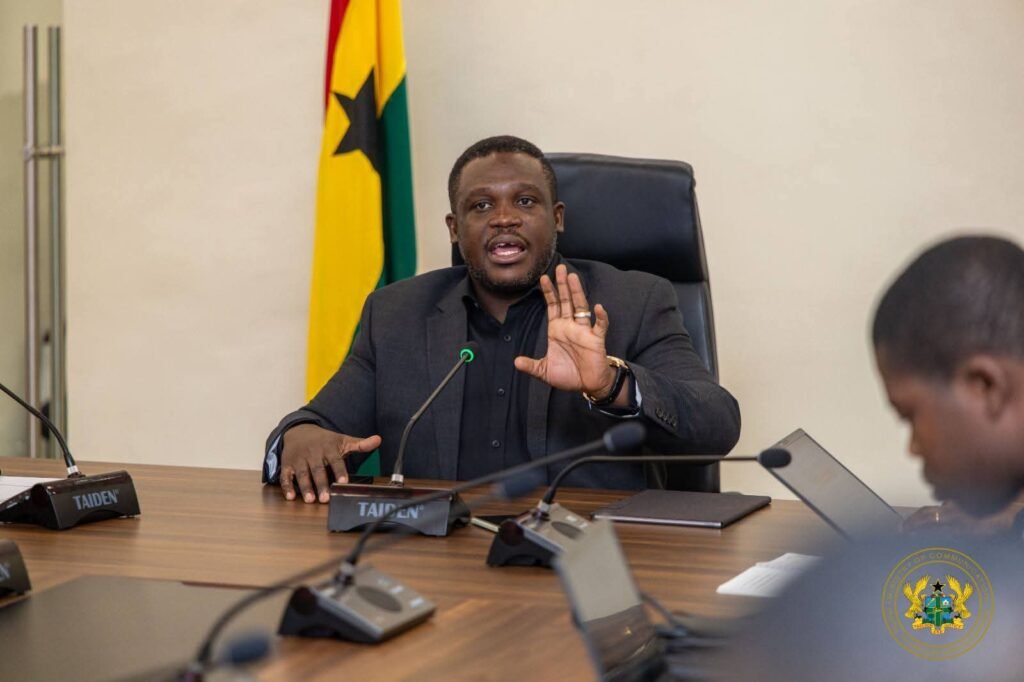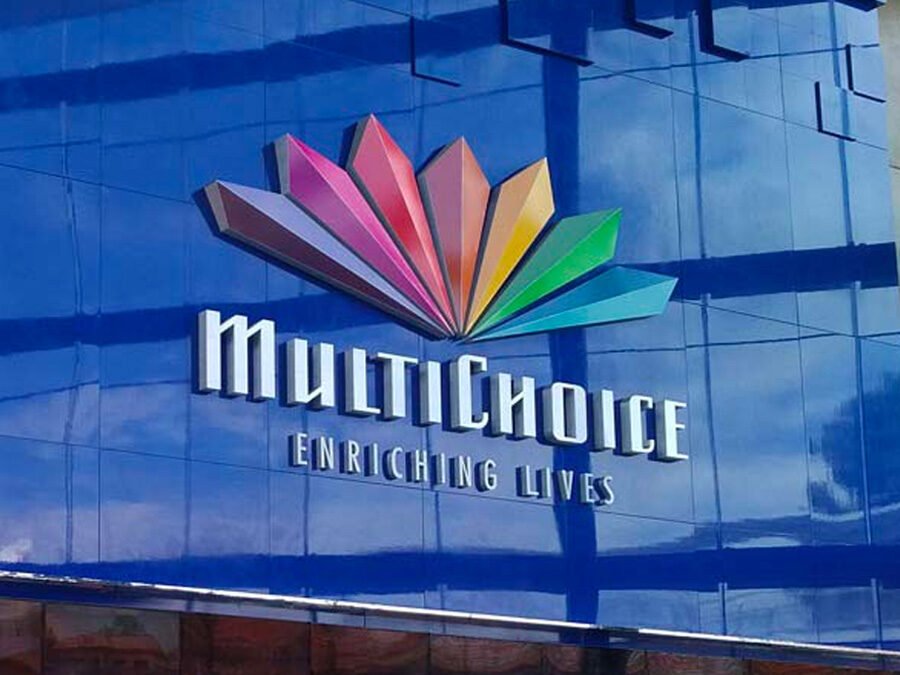The government has stood firm in its decision to suspend the operations of MultiChoice Ghana, with Deputy Minister for Communication, Digital Technology and Innovations, Hon. Mohammed Adams Sukparu, warning the company that it will not be allowed to exploit Ghanaians.
The Deputy Minister’s comments reinforce an earlier ultimatum by the sector Minister, Hon. Samuel George, who declared that MultiChoice would face a shutdown by September 6, 2025, if it failed to reduce its subscription fees to reflect Ghana’s improved economic conditions.
MultiChoice Ghana is currently facing a daily fine of GHS 10,000 for its failure to submit key pricing data for regulatory scrutiny. This accumulated penalty now stands at about GHS 150,000 as of Wednesday.
“We cannot as a country sit and allow a single entity to be exploiting the people of Ghana,” Hon. Sukparu said, insisting that the government would not idle while the company takes advantage of Ghanaians.
He questioned the purpose of the nation’s laws if they could not be applied to enforce compliance. The Deputy Minister also noted that the appreciation of the cedi should have resulted in an automatic reduction in consumer prices, a step MultiChoice has refused to take.

“Based on the subscription prices at the regulator, because the Cedi has appreciated, there was a reduction in the subscription they pay to the regulator. If you are charged in dollars and you are to pay the Cedi equivalent, it means that the amount you are to pay has reduced.
“So, if what you used to pay is reduced for your subscription, what you are giving out must also be reduced. But you say no”
Hon. Mohammed Adams Sukparu, Deputy Minister for Communication, Digital Technology and Innovations
The government, as an entity, maintains that a revision of MultiChoice’s prices is non-negotiable, and failure to comply by the deadline will lead to the suspension of its operations.
A Delicate Balancing Act
The government’s tough stance has not been without criticism. Former Okaikwei North MP, Alhaji Fuseini Issah, has warned that the government’s aggressive approach could damage investor confidence and hurt Ghana’s business environment.
While acknowledging the government’s good intentions, he suggested that the Communications Minister’s approach may have worsened the situation. “There are many ways to kill a cat,” he added, suggesting that Hon. Samuel George could have been more tactical with the issue.

Alhaji Issah, also noted that other companies are closely monitoring the standoff. “Other companies are watching what is happening,” he said, cautioning that the government’s actions could send a negative signal to multinational firms, who take cues from how a government treats its investors.
The implication is that a heavy-handed approach could be detrimental to the nation’s long-term economic prospects.
Dialogue and a Looming Deadline
As the September 6 deadline approaches, the Ministry of Communications, Digital Technology, and Innovation is set to make a formal announcement on the matter today, Thursday, September 4, 2025.
Communications Minister Hon. Samuel George revealed that a team from MultiChoice reached out with some proposals last night, and the government has asked for further concessions. He gave the company a deadline of “close of business today,” to present a revised offer.
“The Ministry will make an official declaration today, but there are strong indications that an amicable resolution could be reached before the deadline,” Hon. George disclosed.

The dispute has garnered significant attention from consumers, many of whom have long complained about the high cost of pay-TV services in Ghana. The government’s move is seen as an attempt to address these long-standing consumer grievances.
The government’s threat of suspension is an unprecedented step that could disrupt television services for millions of households nationwide.
The outcome of the ongoing dialogue will not only determine the fate of MultiChoice in Ghana but could also set a precedent for how the current government administration handles disputes with multinational corporations going forward.
The public awaits a definitive resolution that balances consumer protection with the need to maintain a conducive environment for foreign direct investment.
READ ALSO: Energy Majors Commit $8 Billion to Angola’s Oil and Gas Future



















